The following letter was first published by Powell River Peak in response to the January 30 article “David Suzuki and scientists call on government to end fur farming in Canada,”
David Suzuki styles himself as an environmentalist, so it is surprising he recently sent a letter (co-signed by three other “scientists”) to the BC Minister of Agriculture criticizing mink farming.
Mink farming plays a key role in the agricultural cycle. Mink are carnivores and are fed leftovers from our own food production, the parts of chickens, cows, fish and other food animals we don’t eat (often as much as 50 per cent of biomass) – “wastes” that would otherwise end up in landfills. In turn, mink manure and carcasses are composted to produce organic fertilizers to replenish the soil. Nothing is wasted.
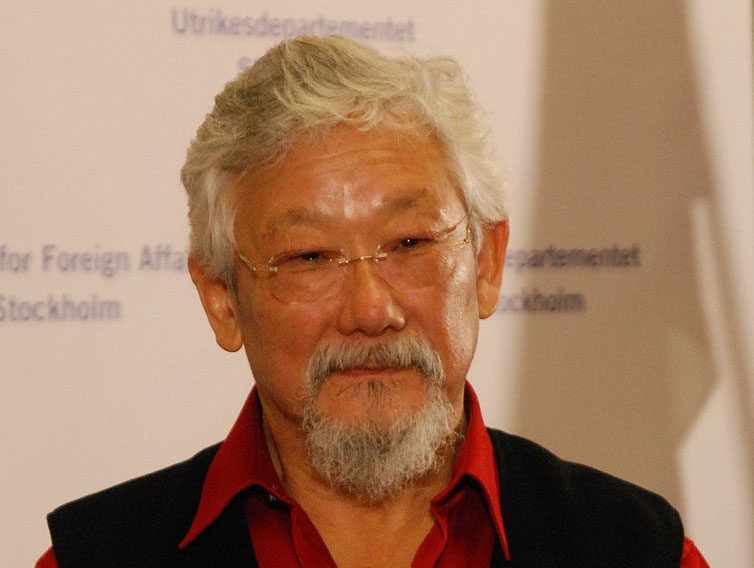
At a time when we are encouraged to buy better quality clothing and keep it longer, to reduce waste, using fur makes more sense than ever. Mink fur is a remarkably warm and long-lasting natural clothing material. We often see mink coats that are 30 or 40 years old, or older. Fur is one of the few examples of clothing that is passed from one generation to the next. A fur coat can also be taken apart and “restyled” into a new coat, or recycled to make vests, handbags or other accessories. After decades of use, old furs can be thrown into your garden compost where it will biodegrade completely.
SEE ALSO: The closer we look at the “green transition”, the greener fur looks. Truth About Fur.
By comparison, synthetics from which 80 per cent of our “fast-fashion” clothing are now made are generally derived from petroleum, a non-renewable, polluting and nonbiodegradable material. Such synthetics may cost less than natural materials like fur, leather or wool, but they don’t last long – millions of tons of these nonbiodegradable synthetics are thrown into the trash each year. These synthetics also leach millions of microparticles of plastic into our waterways each time they are washed – plastics that are now being found in marine life. Not good for nature!
Claims that mink farming is “cruel” are also misinformed. Like other animal agriculture in Canada, mink farmers follow codes of practice developed by veterinarians, animal scientists and animal welfare authorities, under the auspices of the National Farm Animal Care Council. Mink farms in BC are inspected and licensed by the Department of Agriculture to ensure codes are followed. And farmers have every reason to ensure their animals have excellent nutrition and care: this is the only way to produce the high quality fur for which Canada is known internationally.
The mink on BC farms are not “wild animals,” as activists claim; mink have been raised on farms in Canada for more than 100 years. They are well adapted to farm life and physiologically different than their wild cousins.
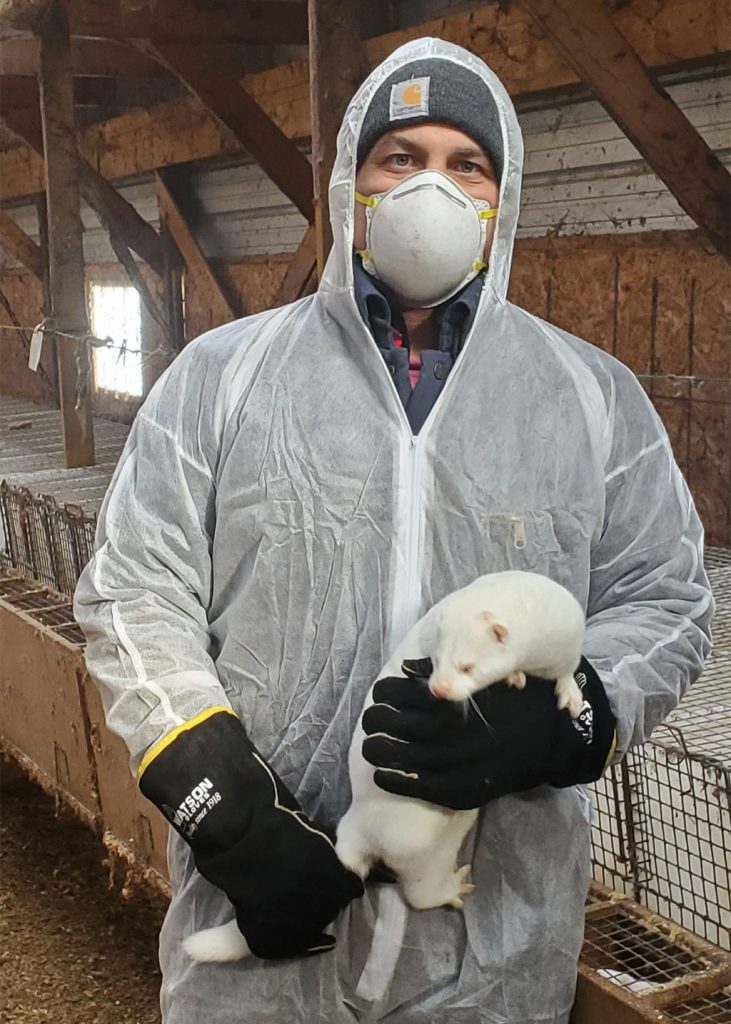
Similarly, activist claims (parroted by Suzuki) that mink farming should be banned because mink can be susceptible to COVID-19 are not supported by science. Although COVID-19 has been detected on farms in four US states, top infectious disease expert Doctor Anthony Fauci and the US Centers for Disease Control have not recommended culling infected farms, let alone an end to mink farming. They have implemented quarantines and strict biosecurity controls – the same precautions that have been applied in BC. The fact that the virus has emerged on only two Canadian farms, nine months after the first cases were detected in Europe, shows that these biosecurity measures are effective.
SEE ALSO: With proper precautions, mink farms don’t pose Covid-19 risk. Truth About Fur.
Suzuki’s call for a ban on mink farming is misguided. When Swine Flu (H1N1) and Avian Flu were found on farms, we didn’t all stop eating pork and chicken or close down pig and poultry farms (although that is what animal activists called for then, too); instead, farmers worked with authorities to responsibly contain and eliminate the viruses. That is exactly what mink farmers are doing now.
As Canadian farm families work to protect their animals and their livelihoods, they need our support, not unfair attacks from urban activists and their celebrity cheerleaders. For the producers’ side of the fur story, please visit TruthAboutFur.com.
***
To learn more about donating to Truth About Fur, click here.
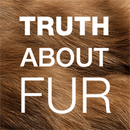






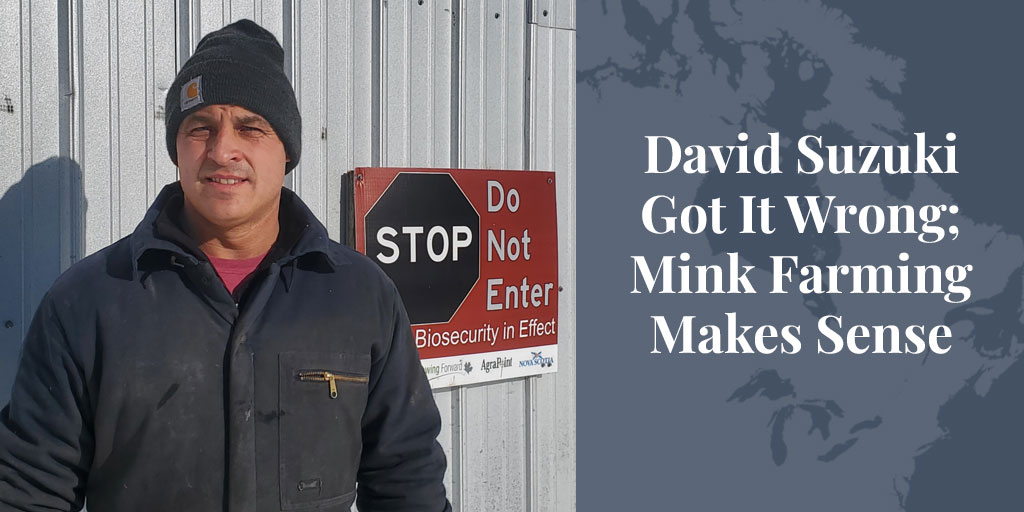


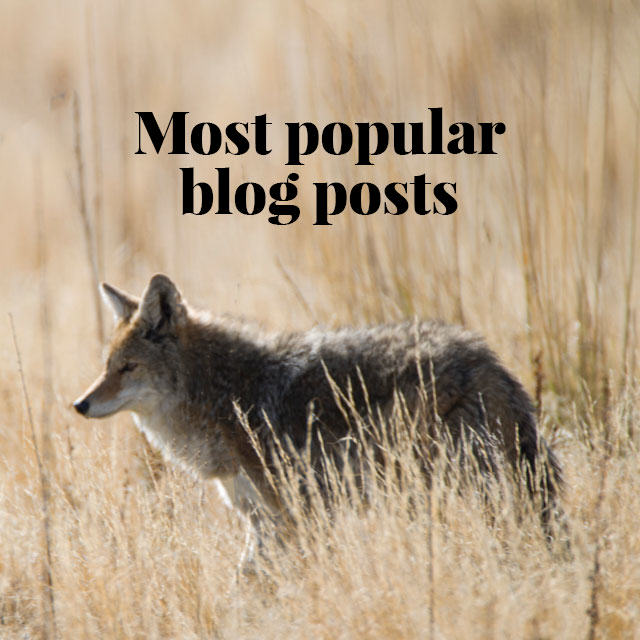

It’s great to hear common sense and a True Statement of Facts!
Excellent blog post. Thank you.